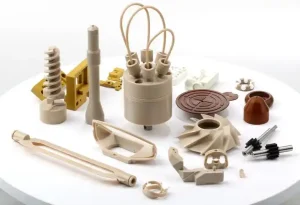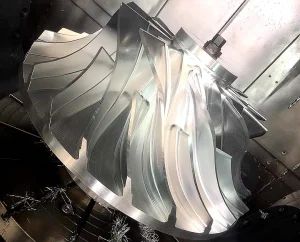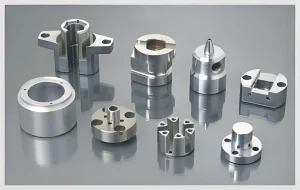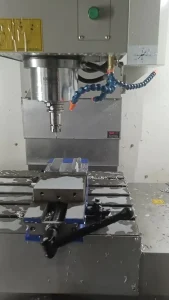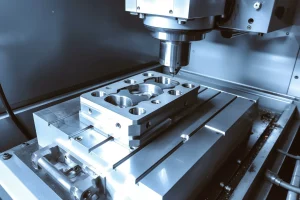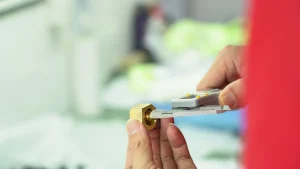Introduction
In the world of modern manufacturing, achieving high precision is essential. CNC Precision Machining stands at the forefront of this endeavor, offering unparalleled accuracy and efficiency. This article explores the significance of precision in CNC machining, the factors influencing it, and how partnering with a reputable CNC machining service provider can elevate your manufacturing processes.
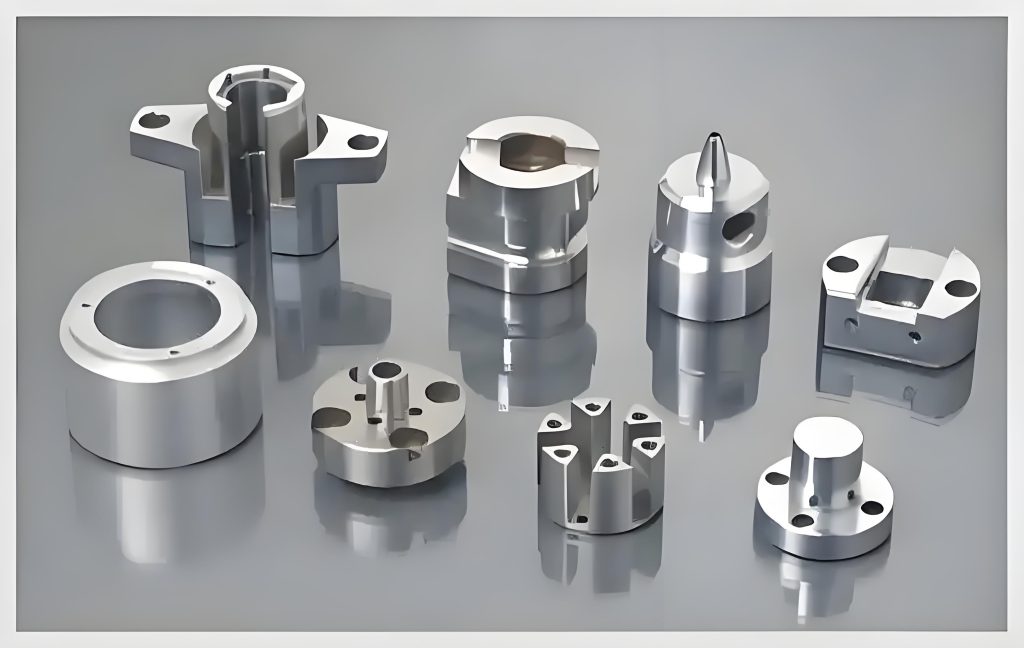
Understanding CNC Precision Machining
CNC precision machining involves the use of computer-controlled machines to fabricate parts with exact specifications. These machines execute operations such as milling, turning, drilling, and grinding with remarkable accuracy, ensuring that each component meets stringent tolerances. This level of precision is crucial across various industries, including aerospace, automotive, medical devices, and electronics.
Factors Influencing Precision in CNC Machining
Several elements contribute to the precision of CNC machining:
Machine Quality and Calibration: High-quality CNC machines, when properly calibrated, can achieve tight tolerances, ensuring consistency across production runs.
Tool Selection and Maintenance: The choice of cutting tools and their maintenance directly impact the quality of the machined parts. Dull or inappropriate tools can lead to inaccuracies.
Material Properties: The type of material being machined affects the cutting process. Materials with varying hardness and composition may require specific machining parameters to maintain precision.
Environmental Conditions: Temperature fluctuations and humidity can cause materials and machines to expand or contract, potentially affecting precision.
Operator Expertise: Skilled operators are essential for programming, setup, and monitoring the machining process, ensuring that the desired precision is achieved.
Best Practices for Achieving High Precision
To attain high precision in CNC machining, consider the following practices:
Regular Calibration: Consistently calibrate machines to maintain accuracy over time.
Routine Maintenance: Implement a preventive maintenance schedule for machines and tools to prevent wear and tear that could compromise precision.
Advanced Programming Techniques: Utilize sophisticated software for programming to optimize tool paths and machining strategies, reducing errors and enhancing precision.
Quality Control Measures: Incorporate stringent quality control processes, such as in-process inspections and final measurements, to ensure parts meet the required specifications.
Rapidefficient: Elevating CNC Precision Machining
In the competitive landscape of CNC machining, partnering with a reliable service provider is crucial. Rapidefficient stands out as a leader in the field, offering:
State-of-the-Art Equipment: Utilizing the latest CNC machines equipped with advanced technology to achieve high precision in machining processes.
Expertise in Aluminum Machining: Specializing in CNC aluminum machining, Rapidefficient delivers components with exceptional accuracy and surface finish.
Commitment to Quality: Adhering to stringent quality control standards to ensure that every part produced meets the highest precision requirements.
Efficient Turnaround Times: Providing quick and reliable service to meet tight production schedules without compromising on quality.
Conclusion
Achieving high precision in CNC machining is essential for producing components that meet exacting standards. By understanding the factors that influence precision and implementing best practices, manufacturers can enhance the quality and reliability of their products. Collaborating with a reputable CNC machining service provider like Rapidefficient can further elevate manufacturing processes, ensuring that precision and efficiency are consistently achieved.

